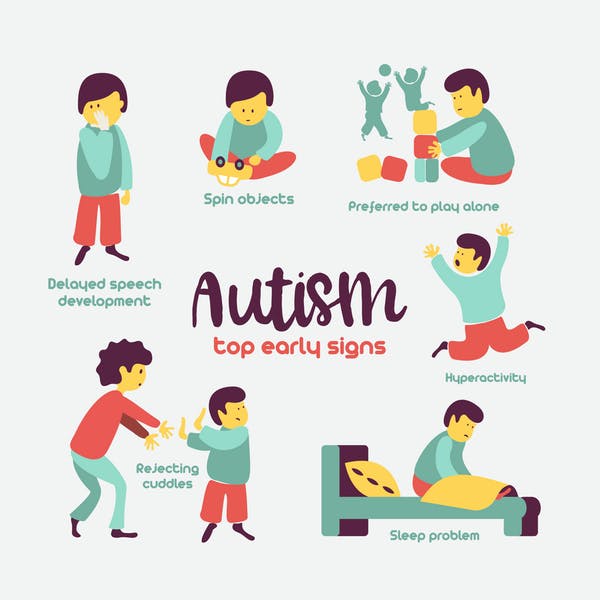When planning a vacation with a child who has special needs, begin months ahead and be prepared for false starts. But there are vacations for you out there. Some are free or offer scholarships for families with limited resources. To start your search, try these ideas.
1 Look for vacations for specific challenges, such as blindness, diabetes, breathing disorders or children with terminal illnesses. If there is a support organization for your child’s disease or disability, start there. For example, group cruises sometimes target diabetics or people on dialysis, but you’re unlikely to hear of them unless you network with juvenile diabetes or kidney disease support groups. You can search our SpecialKids Guide for support organizations or by disability.
Cruises and excursions for people with mobility challenges (wheelchairs, slow walkers) are easier to find through general disability newsletters and magazines such as Emerging Horizons.
2 Find camps for children with special needs only. Some camps do not permit parental participation or even visits. The goal is to give the family a break from the stresses of caregiving while the child gets total attention and interacts with others with the same challenges. Dragonfly Forest in Philadelphia, for example, has separate camp sessions for children who have autism, bleeding disorders or asthma. Visit our SpecialKids Guide for dozens of camps serving kids with special needs.
Family members pursue their own vacation activities during the day if your child is in day camp. Evenings are free for everyone to enjoy together.
3 Resorts, cruises and hotels sometimes feature programs for special needs. Mom Raquel Scharf-Anderson chose a Disney cruise for travels with a daughter who has life-threatening allergies to foods and other items. Starting weeks ahead, she worked closely with Disney specialists and found the personal service outstanding.
After check-in, Raquel met with the head chef. Wait staff at every meal knew about the allergies and a chef accompanied the little girl through the buffet line. Special needs were met at every step, even when it was time to serve birthday cake to Grandma and during a cooking class when safe ingredients were provided for the child’s project.
Check your resort or cruise of choice for available services and facilities. Make your needs known at least 4-6 weeks in advance.
4 Look for local resources that meet your child’s special needs. For example, at many beach areas you can rent a fat tire wheelchair for use on sand. Many communities have “kneeling” buses, rental wheelchairs or mobility carts and rental vans with lifts.
In Philadelphia, Independence Hall provides a GPS-enabled video guide in American Sign Language. (Call 215-597-7130 two weeks in advance.) At Lake Compounce Theme Park in Bristol CT, staff have been trained by Autism Speaks to understand challenges faced by autistic guests and their families. The park’s SAM program lets children and one guardian go to the front of the line if a condition makes waiting difficult.
5 Customized luxury vacations luxury vacations are expensive but organizers pride themselves on personalized service for small groups or families. You might book a wheelchair-accessible African safari, or a paraplegic scuba cruise in the Caribbean. It’s best to do a search for key words such as equestrian + vacation + handicap, or whitewater + handicap + (name of a country or state).
Traveling with children, especially kids with special needs, isn’t a magic carpet. However, there’s a glowing, growing welcome mat around the world. Whatever your needs, a real vacation awaits your family.
Janet Groene is a freelance writer.

 Airport Rehearsals
Airport Rehearsals Dream Vacations
Dream Vacations




